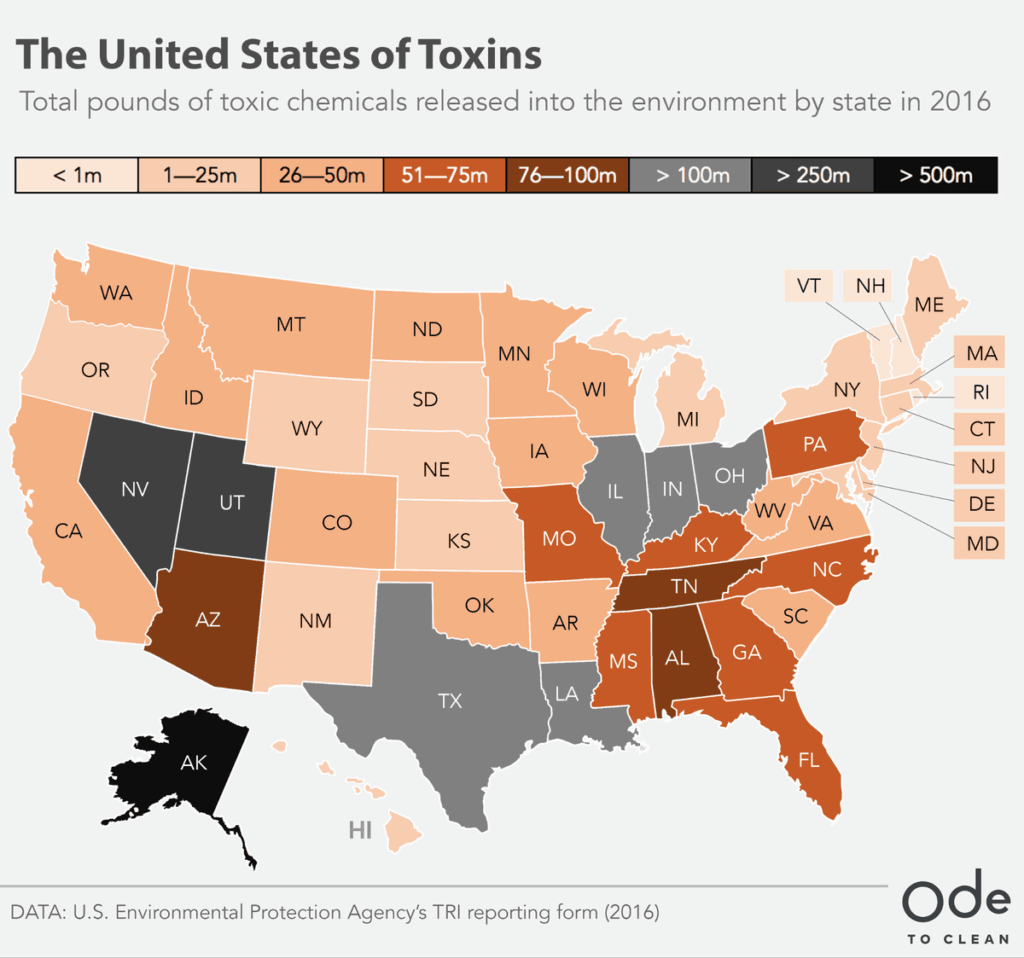Dropping Knowledge
The Pew Research Center released its semi-regular political typology report this week. The report breaks down a more nuanced classification system than the often used “strong Republican”, “leans Republican” system. You can glean the highlights in a few minutes or jump in for a deeper dive.
Food for Thought
The Stanford Social Innovation Review had several compelling articles this week.
- There is a piece on how an education technology program used early-stage funding to fund a data collection system that accelerated their fundraising efforts–from $10M to $12.5B.
- Another piece looks at urban agriculture and its holistic benefits. The article is noteworthy both for its substance and its clear organization and policy recommendations.
- The final article proposes creating a National Arts Index to measure the vitality of the arts. The authors describe how “a policy index provides a common currency of language, a way to talk about a sector that can be understood and accepted by public and private sector leaders as well as by ordinary citizens.”
The Next Evolution
Pricenomics has crunched Environmental Protection Agency’s (EPA) Toxic Release Inventory and built the sobering map below. North Carolina releases the 17th most toxins.

Making News
With President Trump’s recent declaration about opioids and the high level of attention state policymakers are giving the issue, it is easy to feel inundated with information on the subject. That said, there were several policy articles/perspective pieces this week that provide distinctive context for the issue.
- STAT provides a perspective from a doctor who tried to balance the moral dilemma between managing pain and reducing opioid use.
- The Conversation publishes six infographics by the Brandeis University Opioid Policy Center director that well-frame the issue.
- The Cut explains how the public health issue is changing faster than policy solutions can stick.
What we're reading
Life after death: Americans are embracing new ways to leave their remains
Wake Forest University Law Professor Tanya D. Marsh profiles how practices for human remains are evolving. ... Read the rest-
Could Video Gamers Make Our Food Supply Safer?
-
When Quality Education Becomes a Matter of National Security
-
The ins and outs of EVAAS
-
Average Americans Are Giving Away Less Money and It’s a Big Problem
-
Top Charter Networks Worth the Disruption, Set High Accountability Bar for All Public Schools
-
What Mongolian Nomads Teach Us About Our Digital Future



